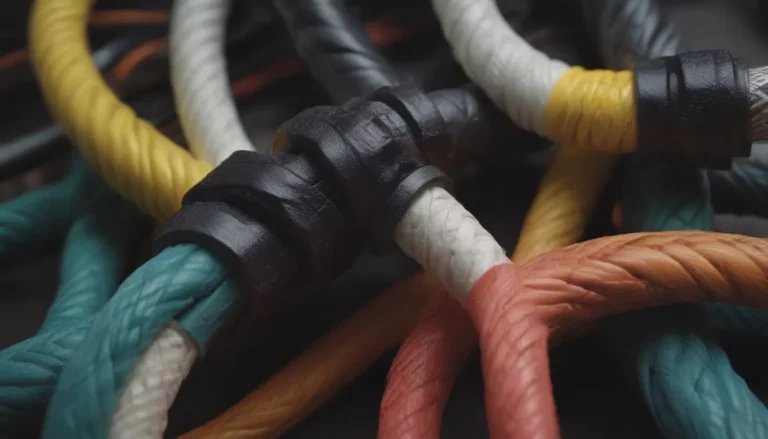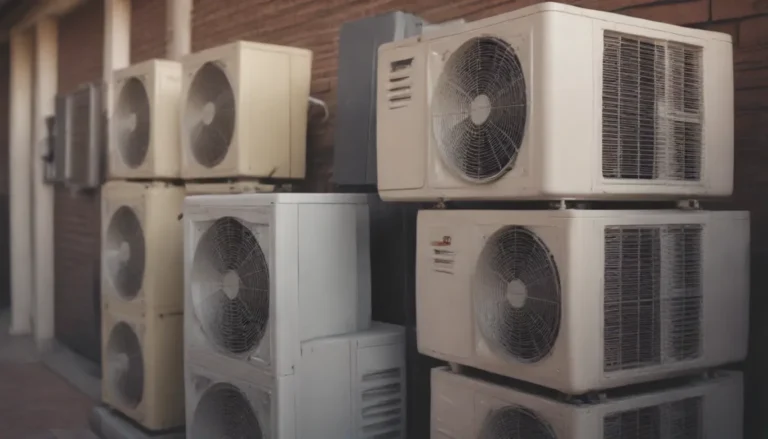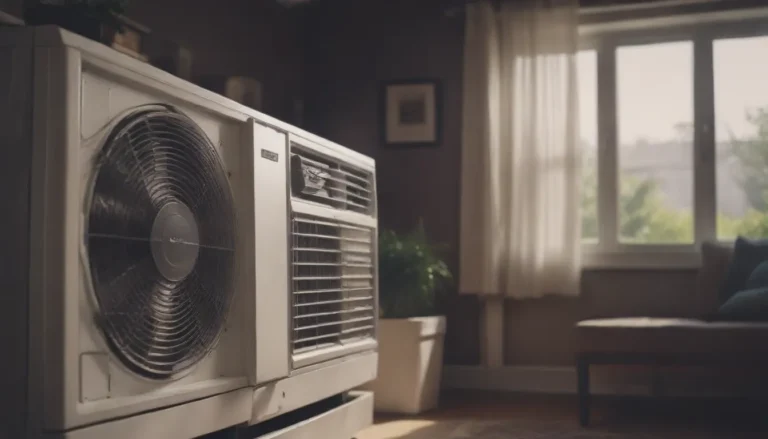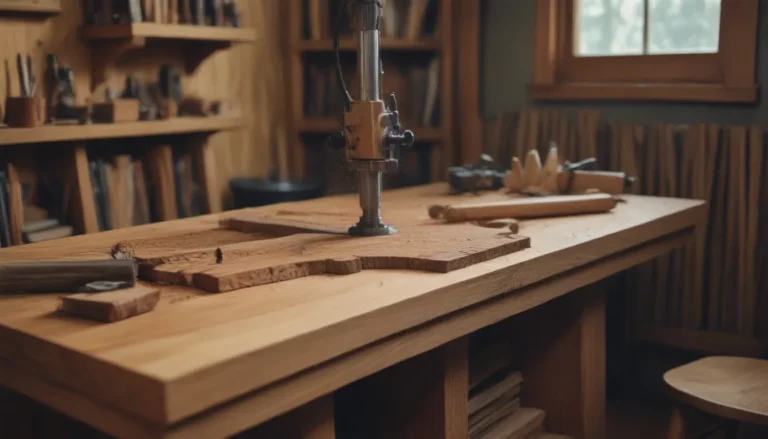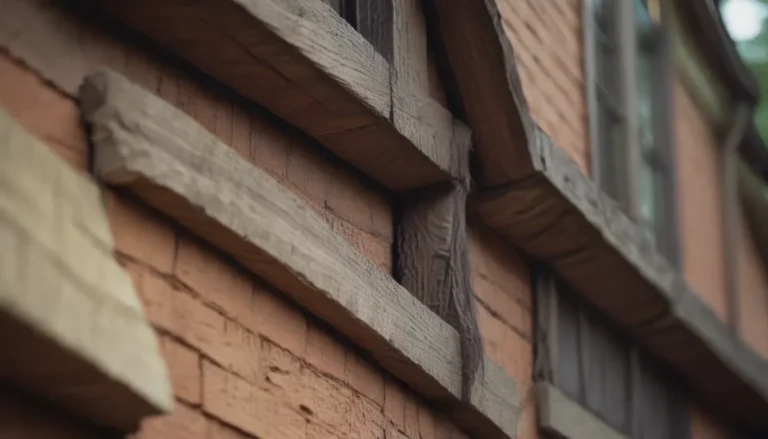Everything You Need to Know About Granite Countertop Costs
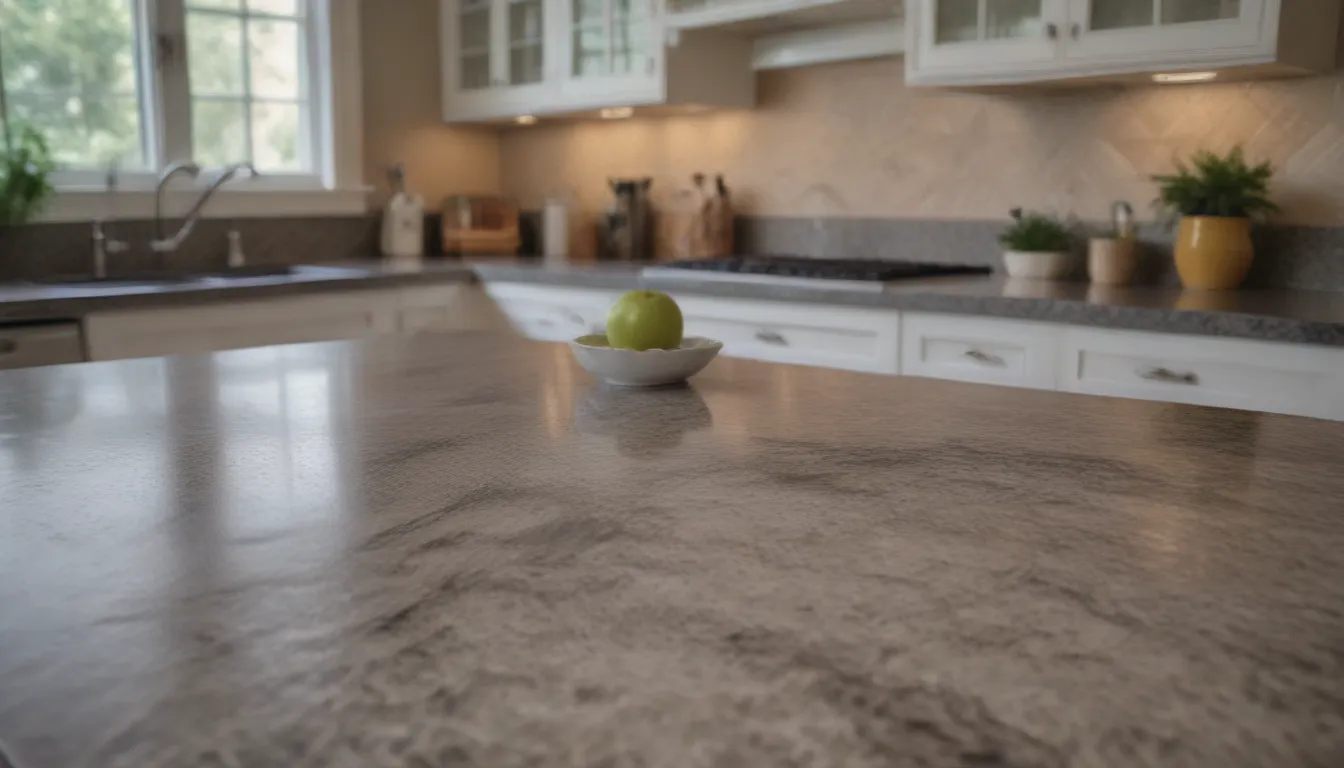
Are you considering upgrading your kitchen or bathroom with beautiful granite countertops? If so, you’re in for a treat! Granite countertops are not only stunning and durable but also add value to your home. However, before you dive into this exciting renovation project, it’s essential to understand the cost factors associated with granite countertops.
In this comprehensive guide, we will delve into everything you need to know about granite countertop costs, from the different types of granite to size and thickness considerations, color and texture options, edge designs, and whether you should opt for a DIY installation or hire a professional. Let’s get started!
Types of Granite Countertops
When it comes to granite countertops, there is a wide variety of types to choose from. Each type offers unique color combinations, patterns, and characteristics that can influence the overall cost of your countertop. Some popular types of granite include:
- Alaska White
- Ubatuba
- Blue Louise
- Absolute Black
- Black Galaxy
- Silver Cloud
- Solarius
- Crema Bordeaux
Each of these granite types has its own distinct look and price point, so it’s essential to explore your options to find one that fits your budget and design preferences.
Size and Thickness
The size and thickness of your granite countertop will significantly impact the overall cost of the material. Typically, the cost of a granite countertop is calculated based on square footage, with prices varying depending on the thickness of the slab.
- A slab of granite countertop usually costs between $40 to $60 per square foot.
- Granite tiles are priced around $5 to $15 per square foot.
- Modular granite countertop pieces cost approximately $25 to $40 per piece.
Keep in mind that the cost can range from $40 to $100 per square foot, depending on factors such as thickness, color options, and rarity of designs. Higher-grade granite slabs that are thicker and feature unique colors and patterns will come at a higher price point.
Color and Texture
The color and texture of your granite countertop play a crucial role in determining its cost. Rarer colors and intricate patterns are often more expensive, while the texture of the granite can also impact the price. Some considerations in this regard include:
- Polished granite: This is the standard option and typically the most affordable.
- Honed granite: Maintains the natural look of the stone but comes at a slightly higher cost.
- Leathered granite: Adds a protective finish against staining but is pricier than polished granite.
Selecting the right color, pattern, and texture for your granite countertop is a personal choice that can affect the overall aesthetic of your space.
Edge Designs
In addition to color and texture, the edge design of your granite countertop is another essential factor to consider. There are various edge designs available, each with its own unique look:
- Standard square edges
- Rounded edges
- Ogee edges
- Dupont edges
- French cove edges
- Cole Smith edges
The edge design you choose can add a touch of sophistication and style to your countertop, so be sure to select one that complements your overall design vision.
DIY vs. Professional Installation Cost
While it may be tempting to save money by opting for a DIY installation of your granite countertop, it’s essential to weigh the pros and cons. A professional installation ensures that your countertop is properly set up and sealed, avoiding any potential issues down the line.
On average, the cost of labor for a professional installation ranges from $35 to $85 per hour, depending on the complexity of the project. Additionally, there may be additional fees for services such as slab delivery, sink cut-outs, and old countertop removal.
While DIY installations can save you money upfront, they can be challenging and time-consuming, potentially leading to costly mistakes. It’s worth considering the long-term benefits of a professionally installed granite countertop for peace of mind and quality assurance.
Conclusion
In conclusion, the cost of granite countertops can vary depending on a variety of factors, including the type of granite, size and thickness, color and texture, edge designs, and installation method. By evaluating these factors carefully and considering your budget and design preferences, you can choose a granite countertop that adds beauty and functionality to your space.
Whether you opt for a DIY installation or hire a professional, investing in high-quality granite countertops is a decision that can enhance the value and appeal of your home for years to come. So, go ahead and explore your options to find the perfect granite countertop that fits your style and budget. Happy renovating!
